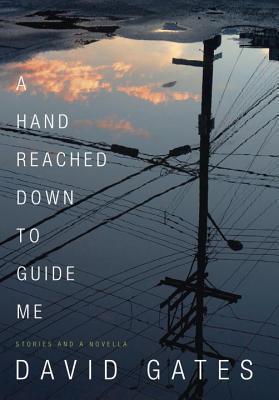What do you think?
Rate this book


336 pages, Hardcover
First published August 6, 2015
I don't know what all this is supposed to add up to: it seems to be about damaged and selfish people, the waste of money that could have helped somebody, the waste of gifts that could have given somebody pleasure—am I leaving out anything?This is the narrator of the novella, "Banished," describing her own story, but it could describe most of the short stories too. But I did like her voice; she has an amusing self-deprecation in her tawdriness as she describes the failure of her first marriage and her deliberate sabotage of her second. And the 90-page length allowed time for the reader to get into her head. In many of the stories I read, however, the relative compression only heightened the instability; "A Place Where Nothing Ever Happens" contained references to about a dozen sexual couplings (gay as well as straight) in under twenty pages. Another story that I set aside overnight proved almost incomprehensible in the morning, because there was so much transience without a stabilizing through line.